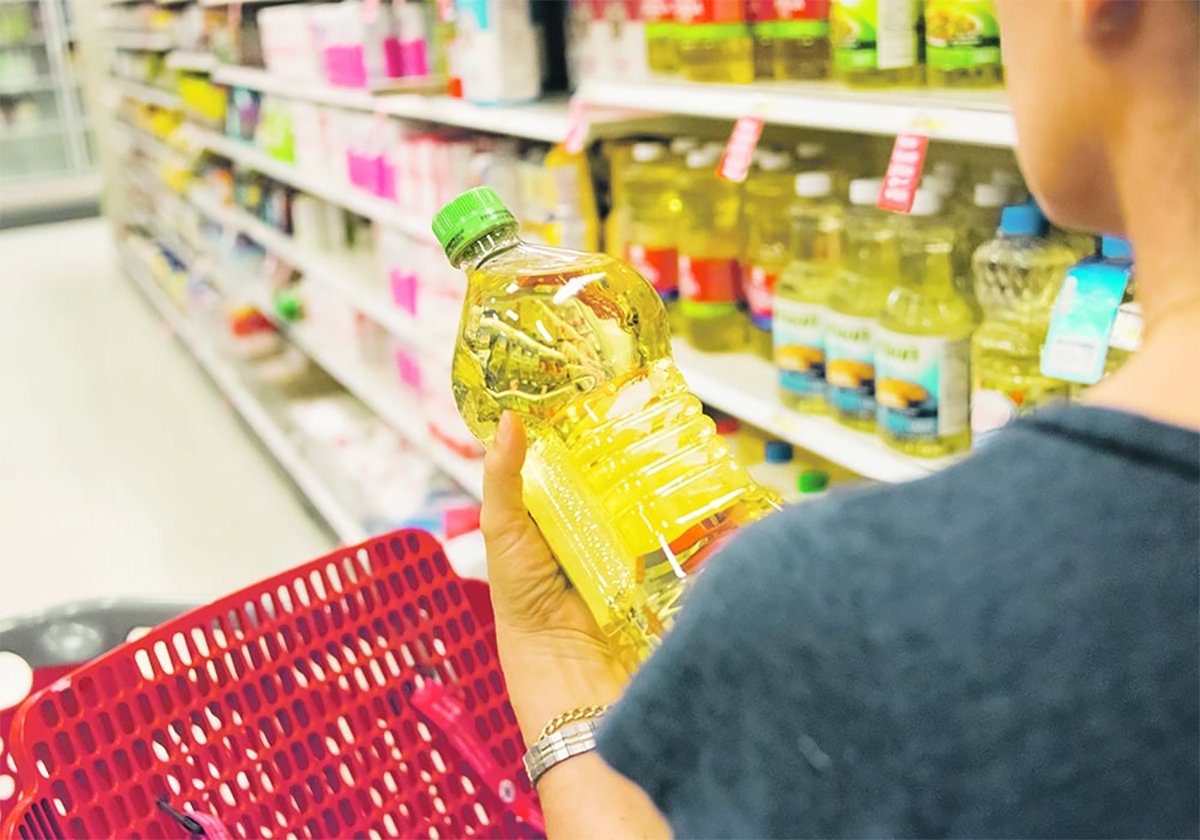Independence leads to indigestion
Just three years ago, Canadians on an agricultural trade mission came away from Indonesia enthusiastic about the potential of the growing south Asian tiger.
The fourth most populous country in the world was booming. In the capital Jakarta, in every direction you looked, dozens of construction cranes towered above the traffic-clogged streets.
Of most importance to Canadian food exporters, the Indonesian middle class was growing and developing a taste for the meat and grain-based products produced by Canadian farmers.
Read Also

Vegetable oil stocks are expected to tighten this year
Global vegetable oil stocks are forecast to tighten in the 2025-26 crop year, this should bode well for canola demand.
We were told the story was the same in the other Asian tigers such as Malaysia, South Korea and Taiwan.
It was easy to think the hype might be true about the need to expand Canadian production to keep up with the growth in Asian demand.
The issue of Jakarta’s ill treatment of East Timor did come up. Then-agriculture minister Ralph Goodale, who led the trade mission, raised the issue in a meeting with Indonesia’s then-president Suharto, the autocratic ruler who ordered the 1975 invasion of the island.
Suharto’s response was a polite nod of the head – sort of a diplomatic “mind your own business.”
Since then, as we are all too well aware, the Asian financial crisis changed everything. The arduous recovery plan put forward by western lenders forced the Indonesian economy into sharp recession. The middle class’s savings were wiped out. There were food riots. An uprising by students forced Suharto to step down. Elections are set for November.
For a while, things appeared to improve. Asian economies started to recover. But the vote for independence in East Timor and the bloody military response threw everything into chaos again.
At the time of writing, the new president, B.J. Habibie, has agreed to allow a United Nations peacekeeping force into East Timor, quelling the international protest that threatened to grow into trade embargoes and perhaps even military action.
But the situation remains tense.
Although not likely, there is a chance that the Indonesian military will attempt to take over the government.
Also, Indonesia is a country of many islands and ethnic groups. The Timorese are not the only ones with aspirations of self rule and a free East Timor might encourage others to press for independence.
Also destabilizing are regular bloody clashes between Christians and Moslems.
There is much that could keep Indonesia unstable for some time.
And that threatens to keep the whole region on edge, pushing back further the day when we might again dream of financially comfortable Asians eating up the West’s food surpluses.
















